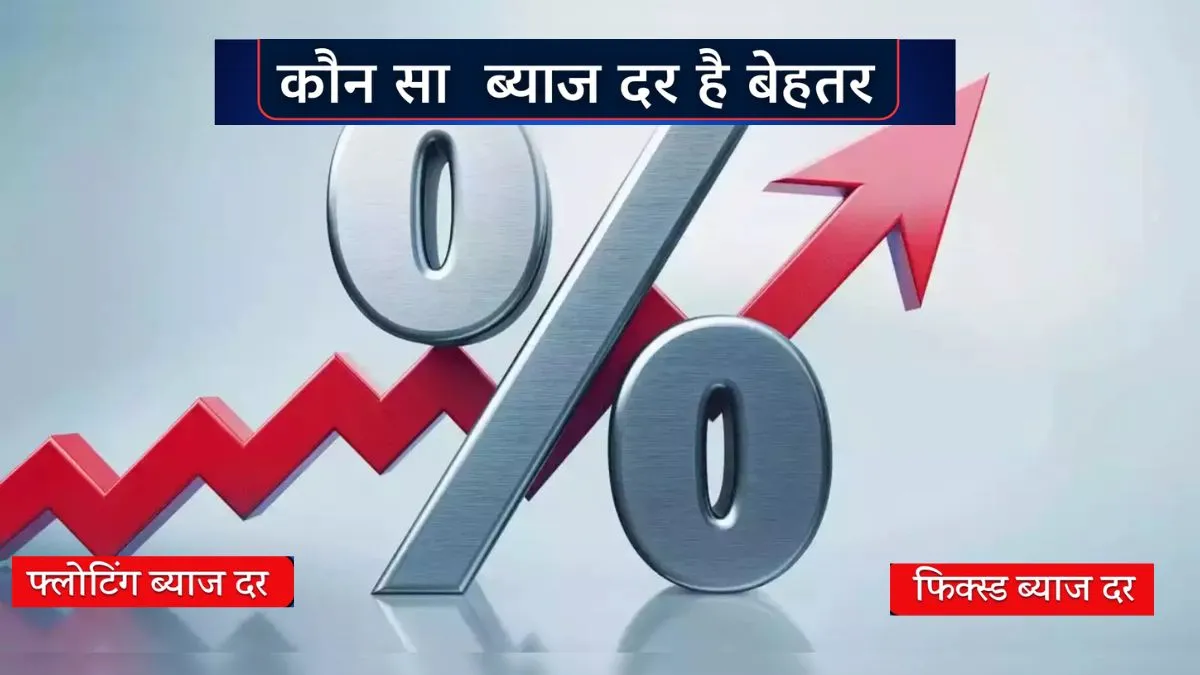
Reserve Bank of India (RBI) has released a new FAQs on frequently asked questions regarding switching loans. It says that after the change in repo rate by RBI, banks are required to provide home and car loan borrowers the option to switch the loan at a fixed interest rate. Note that this circular will also be applicable to existing borrowers. According to RBI FAQs, banks are required to provide the option for home loan and car loan borrowers to switch from fixed to floating or vice versa. However, banks may levy charges in case of switching loans. This would mean that when RBI increases the repo rate, the borrower can switch from floating to fixed interest rate to save interest cost by paying some fee. Similarly, when RBI cuts the repo rate, the borrower has the option to switch from fixed to floating interest rate regime to save interest cost. However, as per the RBI circular, the bank can decide as per its policy the number of times the loan switch option will be given during the loan tenure.
It is also important to give this information to banks
According to the circular, banks should disclose the impact of the interest rate reset on the floating-rate at the time of loan sanction and during the tenure of the loan. While passing the loan, banks should disclose the annual interest rate in the Key Fact Statement (KFS), outline the potential impact of rate changes, and provide regular updates on EMI changes and loan details during the tenure. One should also be informed about the options to address the rising interest rates on the loan, such as adjusting the EMI, extending the loan tenure, switching from fixed to floating, option to repay the loan prematurely, etc.
Will there be charges for switching loans?
Yes, banks may levy applicable charges for switching the loan from floating to fixed rate or vice versa.
What is floating interest rate?
A floating interest rate is an interest rate that fluctuates over time due to changes in the benchmark rate. The Reserve Bank of India (RBI) sets the repo rate, which is usually a benchmark rate that influences the floating interest rates on home loans. RBI in its floating rate regime has allowed banks to introduce other benchmarks like T-bills to link the home loan interest rate.
Latest Business News